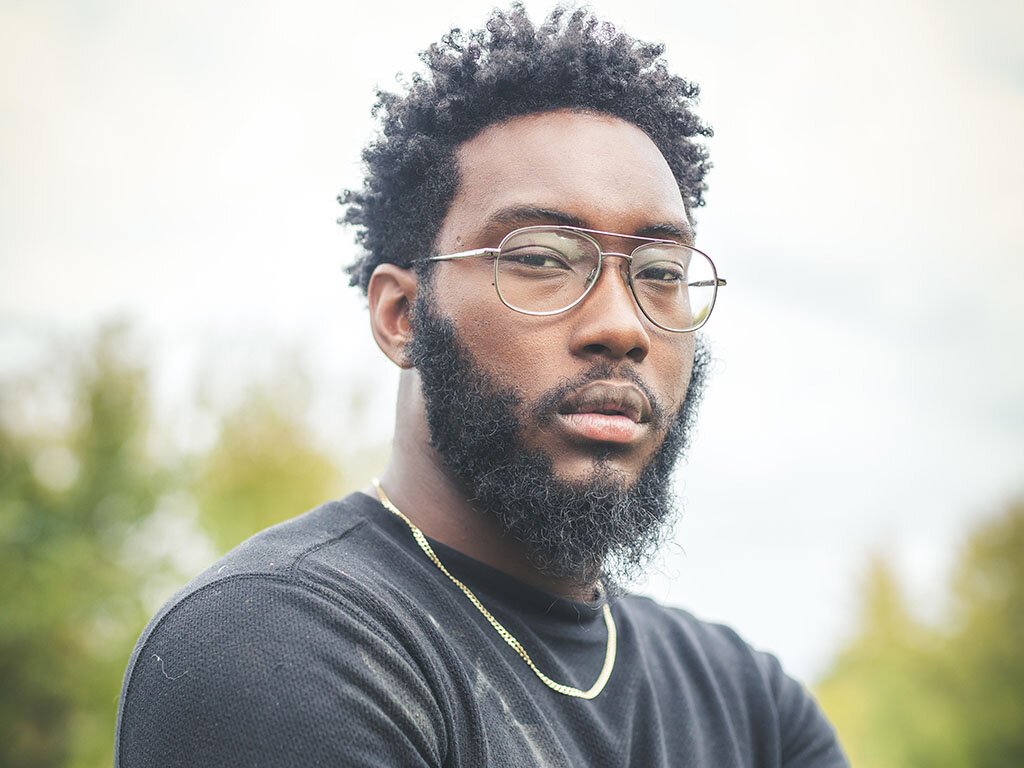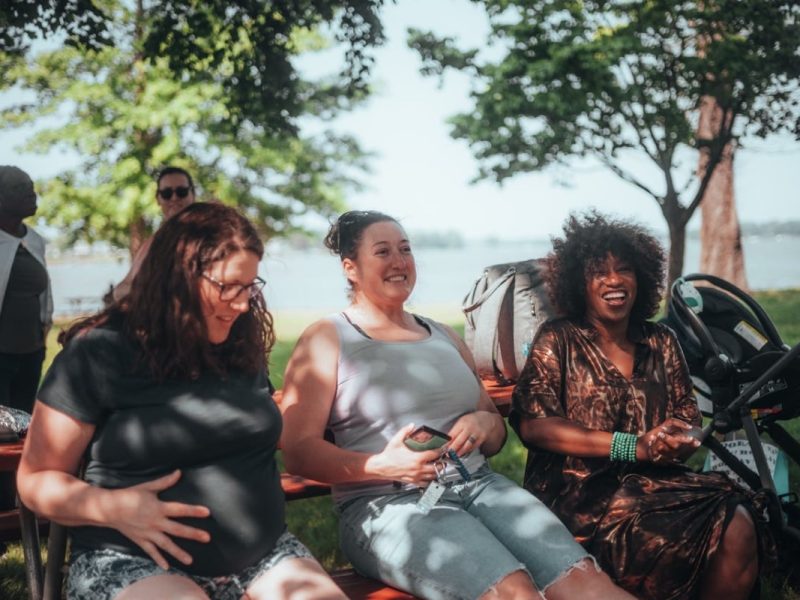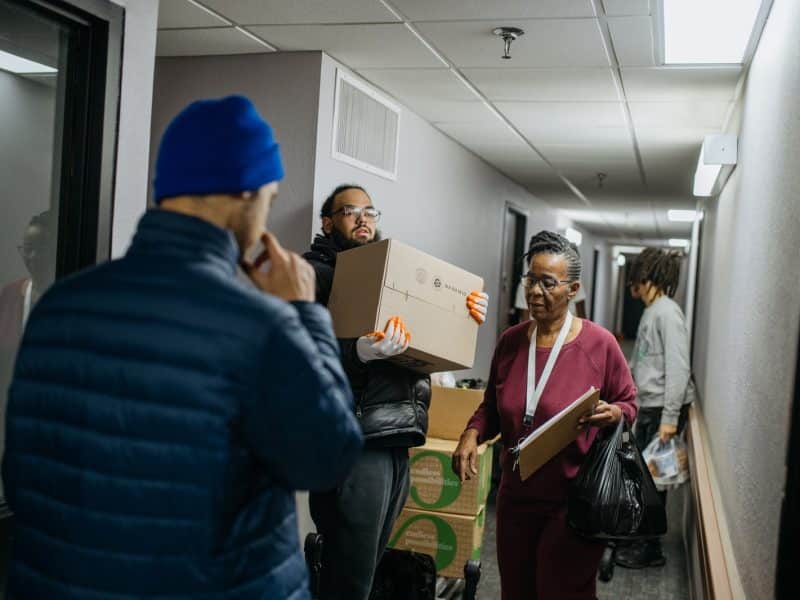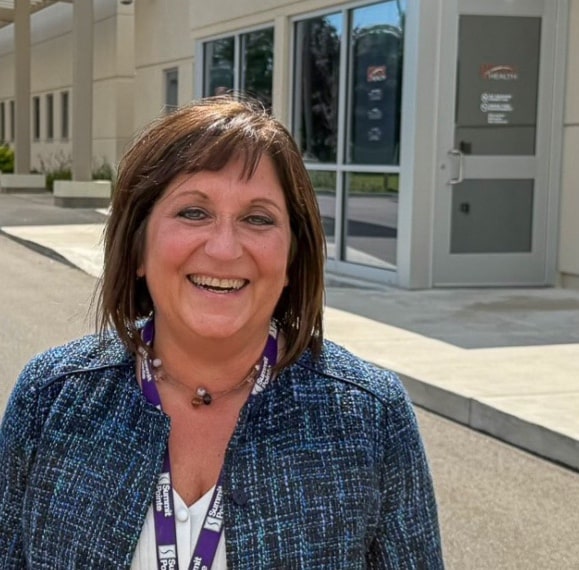Op-ed: Detroit’s new normal should include more public green spaces
As small businesses work to reopen, corporations grapple with how to keep employees safe, and nearly every facet of our lives is under the microscope to prevent a second wave of COVID-19, we will ultimately be challenged with the question of where do we go to remain safe as we start to establish the new normal in public?

It’s no secret that COVID-19 has impacted us all.
Nevertheless, for people of color who make up the majority in Detroit, the pandemic has hit hardest. Check the numbers and you will find that to date, African Americans make up nearly 80% of Detroit’s deaths related to COVID-19.
Weeks of stay-at-home orders and a near halt of everyday life have left many Detroiters bruised, scared, and, more troubling, sick or dead.
How do we recover?
As small businesses work to reopen, corporations grapple with how to keep employees safe, and nearly every facet of our lives is under the microscope to prevent a second wave of COVID-19, we will ultimately be challenged with the question of: Where do we go to remain safe as we start to establish the new normal in public?
The answer is short: We need more accessible and inclusive neighborhood pocket parks for all Detroiters.
Why public green spaces?
Despite information overload and misinformation that came with the rise of COVID-19, one directive remained true. We are all in need of space to prevent its spread and should try our best to stay active.
The questions of how we manage in offices, diners, and other environments that encourage collaboration and working togetherness are real. Will these spaces come under extreme scrutiny to get it right?
Rightfully so, drastic measures must be taken.
But, with simple and easy guidelines, public green spaces offer an escape of enjoyment that is nearly impossible to rival.
Look no further than to the reopening of Belle Isle earlier this month. Twice, new traffic was suspended. Not because people struggled with practicing social distancing according to park officials, but due to the lack of parking for visitors.
People want, and need, the outdoors.
Across the country, national and state parks saw a swell in activity as people sought an escape from their everyday reality. Research shows public spaces not only reduce anxiety, but quell depression.
An example to emulate
We can look to Philadelphia for some pointers and inspiration.
Earlier this year, prior to the COVID-19 outbreak, Fast Company featured a story on a West Philadelphia neighborhood creating a park from a new program coined ‘Park in a Truck.’ The initiative is fairly simple and helps residents by providing the resources and training to design, build and maintain small parks on unused land in their neighborhoods.
The effort was launched after years of studies concluding that parks help to reduce poverty and increase happiness.
How we get there
More now than ever, as CDCs, nonprofits, and funders work to address the glaring problems exacerbated by COVID-19, public spaces must become prioritized.
Creative measures must be taken to ensure information is disseminated and retrieved from communities. Funding must be provided for public spaces that are already serving residents throughout neighborhoods to be maintained. Service-based organizations must rethink how best to offer programming tailored to families with children to learn while outside.
All in an effort to maximize the now.
Despite some public discourse in regards to getting the economy back on track, poll a group of friends and it will become clear not everything will snap back to normal come May 28, when the current Michigan shelter-in-place order ends. The effects of COVID-19 will be long lasting and require more than the reopening of a local pub or eatery to help people cope.
With the cost of services and goods on the rise, Detroiters are bracing for harsh economic conditions.
Job attraction and retention must continue to be a priority for city officials, but so should the health, well-being, and physical environment of residents that are primarily elderly and youth.
Daniel A. Washington is the president and founder of NW Goldberg Cares and a co-founder and the chief marketing officer of Detroit Dough.





